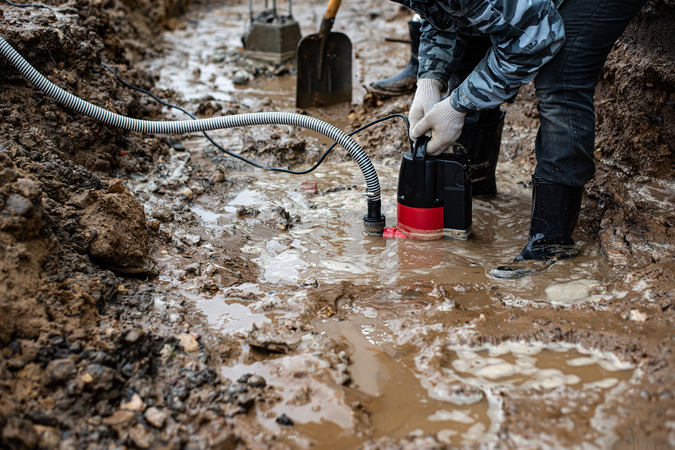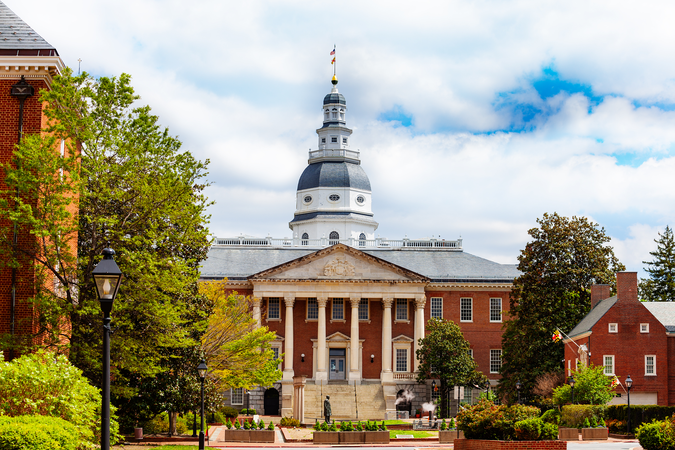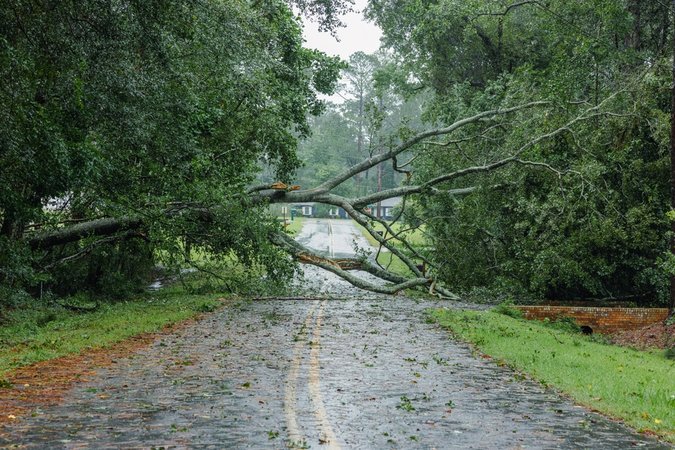New Episode of Resources Radio: “California’s Wildfires: Climate Change, COVID, and Consequences, with Matthew Wibbenmeyer”
WASHINGTON, DC—Resources for the Future (RFF) today released a new installment of Resources Radio: “California’s Wildfires: Climate Change, COVID, and Consequences, with Matthew Wibbenmeyer.”
In this episode, host Daniel Raimi talks with Matthew Wibbenmeyer, an RFF fellow and an expert on wildfire management. With fires currently raging across much of Northern California, Wibbenmeyer discusses how the state is working to control damages and make plans for the future, as climate change threatens to intensify wildfire risks. While this year’s blazes have so far caused much less damage than the history-making Camp Fire in 2018, Wibbenmeyer cautions that this year’s wildfire season is not over yet and that the coronavirus pandemic complicates efforts to manage the fire and help vulnerable Californians evacuate.
Notable quotes from the podcast:
- COVID-19 makes wildfire evacuations more challenging: “Shelters are trying to reduce capacity in order to allow for greater social distancing, and they’re changing how meals are provided. The Red Cross is trying to provide hotel rooms for evacuees in place of beds at shelters, though I think it’s unclear how many evacuees have actually been able to get rooms this way … Many evacuees are sheltering with extended family or friends, which, in normal circumstances, would be a perfectly fine thing to do, but given the COVID-19 situation, they may want to isolate their own risk from the risk of family and friends.” (9:23)
- Wildfires on the West Coast can affect the whole country’s air quality: “Evidence has been mounting that the air quality impacts from wildfires are among the largest impacts from these events, in large part because the air quality impacts are so widespread. In Northern California and the Bay Area, they’ve had—over the course of the last two weeks—among the worst air quality in the world, but smoke has been spreading across the United States ... I’m in DC, and this week, we’ve had some slightly diminished air quality that seems to be due to smoke that spread all the way across the United States from California.” (13:47)
- Preparing for the inevitability of future fires: “We’re not going to remove fire from the landscape. Climate change is going to continue to happen, and this situation is going to continue to be extreme in the coming years. So, we need to take action on a number of fronts. One way that we can reduce risk is to try to more proactively use fire on the landscape to remove fuels in safe ways, so that when unplanned fires occur, they’re not as intense and not as hazardous … Another area where I think we really need to make progress is trying to limit where development occurs and how development occurs in high fire-risk areas.” (22:49)
Resources Radio is a weekly podcast series exploring timely environmental, energy, and natural resources topics. Episodes can be found on Apple Podcasts, Google Play, Soundcloud, Spotify, and Stitcher.
Resources for the Future (RFF) is an independent, nonprofit research institution in Washington, DC. Its mission is to improve environmental, energy, and natural resource decisions through impartial economic research and policy engagement. RFF is committed to being the most widely trusted source of research insights and policy solutions leading to a healthy environment and a thriving economy.
Unless otherwise stated, the views expressed here are those of the individual authors and may differ from those of other RFF experts, its officers, or its directors. RFF does not take positions on specific legislative proposals.
For more information, please see our media resources page or contact Media Relations and Communications Manager Annie Tastet.



